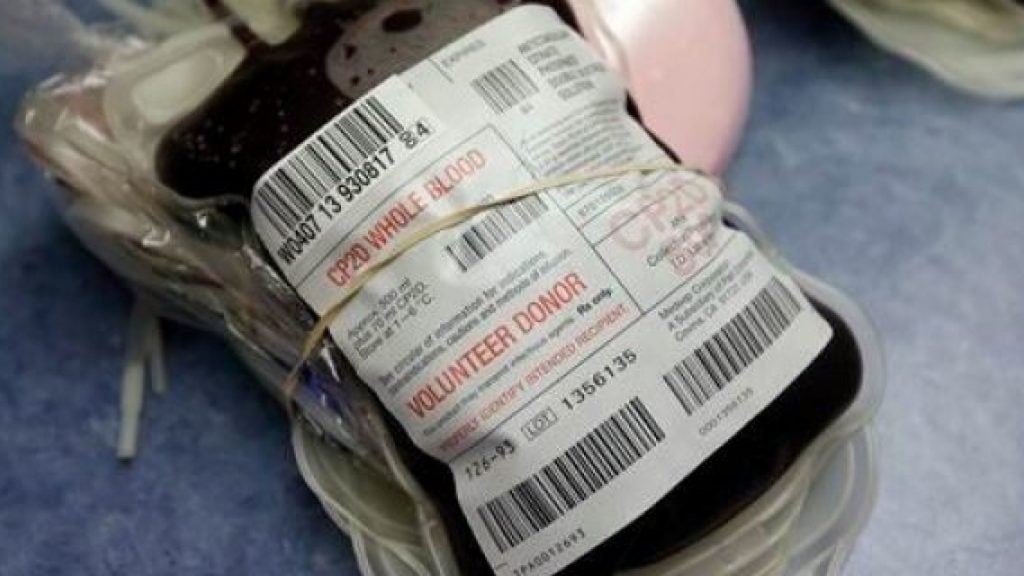In general, we have about 36 blood group systems. So, aside from the regular ABO system that we are very familiar with, we also have the Rh group, the Kell system, and more. But there are blood types that are very rare that less than a hundred people in the world have been identified to have it.
The rarest blood type is Rh null blood also known as the “golden blood”. There are only 43 people on earth who have this kind of blood, and only 9 of them are active donors which makes it incredibly scarce and hard to obtain when an Rh null individual needs a transfusion.
What is Rh null blood?
We know the eight common blood types; A positive/negative, B positive/negative, O positive/negative, and AB positive/negative. Our red blood cells are covered with antigens. These antigens are basically like labels that tell your body which antibodies to react upon. While blood cells attach onto the antigens on the surface of red blood cells to protect it from infections.
Though there are other rare blood types, but as mentioned, Rh null blood is the rarest. This blood type is completely devoid of antigens. (Source: Discovery)
How was Rh null Blood Discovered?
The first Rh null blood was discovered in 1961 from an Aboriginal Australian woman. Back then, doctors assumed that that an embryo with blood lacking antigens would not survive let alone thrive as an adult.
Further studies and research were done on Rh null blood that was discovered within the last 50 years. Today there are 43 people known to have golden blood.
How did Rh null blood develop?
After years of research, it was discovered that people who do have Rh null blood lack the DNA that are in charge for building the protein structures that create the antigen. While some rare blood lack one or a few Rh antigens, null blood does not have any at all.
Rh null blood cells are abnormal. The shapes of the cells are deformed and have a shorter life span compared to regular blood cells. (Source: Mosaic Science)
What Are the Difficulties of Having a Rare Blood Type?
If you have a rare blood type, it can be quite difficult to find a suitable donor when you need a transfusion. This is because people with Rh null blood can only received blood from others with the same type. When people with Rh null blood receive blood from a different type, an adverse immune response may occur that can cause harm.
Another issue is how patients with Rh null blood cannot easily receive blood donated to them due to bureaucracy. It is incredibly difficult to import and export rare blood even if the donor is willing to travel, there is a lot of red tape to go through. (Source: Fox News)
Thomas’ Story
About forty years ago, a boy was brought to the Hospital of Geneva for a infection. When the hospital personnel had his blood tested, Dr. Marie-Jose Stelling, the head of hematology and immunohematology then sent his blood for further testing which proved the phenomenon was true.
Today, Thomas is one of the few donors of Rh null blood. Unfortunately, he, like many other donors, need to fund their own travels to share their blood. He would donate his blood twice every year to France where they have frozen blood banks. Not all countries have blood banks are able to store blood longer than 42 days.
Back in 2014, the same blood Thomas had donated had to be sent to Switzerland, his country of origin, to help a newborn baby that was ghost white and had almost no blood. (Source: Newser)
Summary
Having a rare blood type may seem like an awesome thing, but at the end of the day, the risks outweigh the benefits. You would need to take extra precaution to keep yourself safe. But you will also have the opportunity to help others that would need it.
